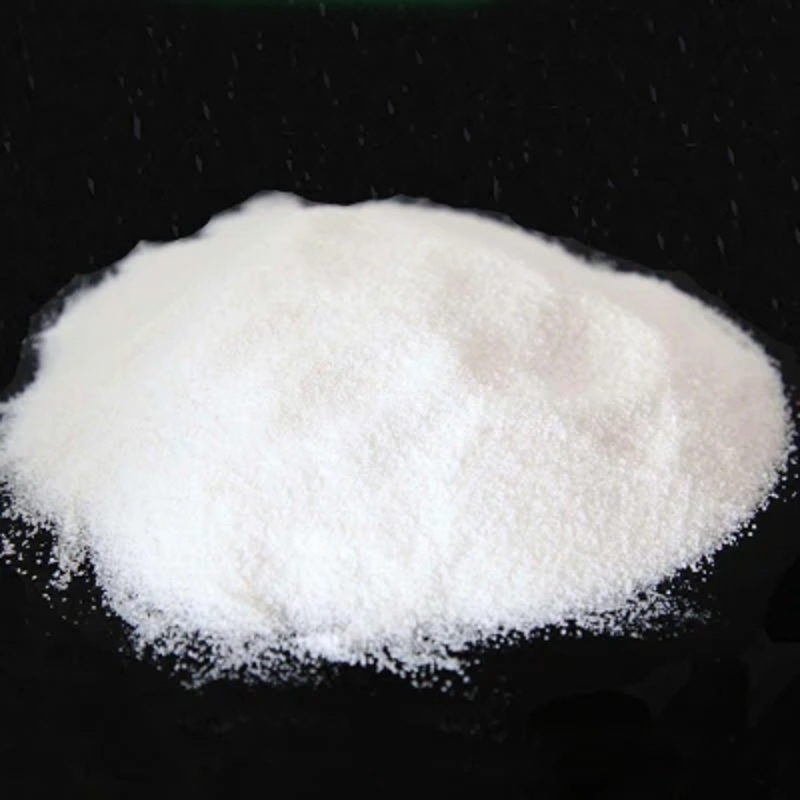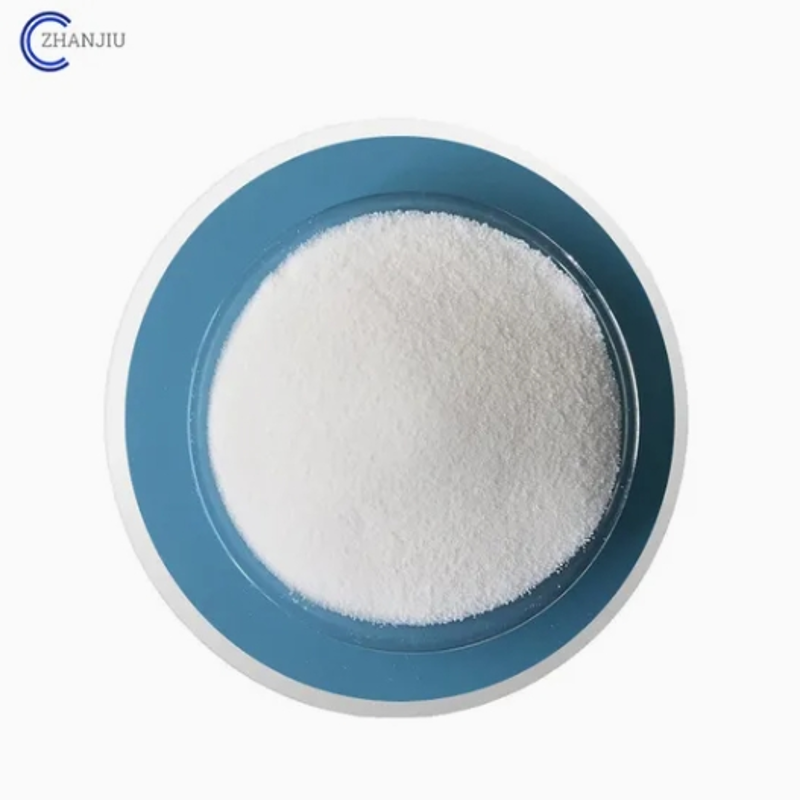For the first time, the study isolated and identified DON deethygenation metabolism bacteria
-
Last Update: 2021-03-08
-
Source: Internet
-
Author: User
Search more information of high quality chemicals, good prices and reliable suppliers, visit
www.echemi.com
deoxygenated snow-rotten sickle oleol, or DON, commonly known as vomit toxin, is a secondary metabolite produced by fungi such as sorb-knife bacteria, widely contaminated corn, wheat and other food crops and feed raw materials. In recent years, a number of feed and feed raw materials in the sample of mycotoxin content survey, DON detection rate of more than 95%, the average content is also far more than China's DON limit standard (1.0 mg/kg, national standard GB 2761-2011).
the toxicity of the DON is mainly manifested in acute and chronic poisoning of animals. Animals with acute poisoning are mainly shown to be unstable, unresponsive, decreased appetite and vomiting. Chronic poisoning is mainly manifested in slow weight gain, immunotoxicity, reproductive toxicity, teratogenicity and mutation." In addition to acute and chronic poisoning in animals, DON can also lead to human poisoning, such as toxic leukocyte deficiency (ATA) in food.
how to reduce the harm of DON to livestock and human beings, ensure the safety of livestock and poultry products and human health, has been the focus of the field of animal husbandry and veterinary medicine. Due to the limitations of physical and chemical methods to prevent and control mycotoxin, animal husbandry and veterinary practitioners and scientists in the field generally believe that it is urgent to explore mycotoxin biological control methods for healthy breeding of livestock and poultry and safe control of livestock and poultry products. The main toxic group of mycotoxins, such as DON, is its C12, 13-bit epoxy bond. Screening and identification of DON deoxygenation metabolic strains has always been a hot spot and difficulty in the field of bio-control of mycotoxin.
The research team of Professor Deng Yuqun of South China Agricultural University, after many years of research, comprehensive macro genome sequencing and other means, has repeatedly improved the intestinal bacteria culture method, the first time in China isolated and identified a strain of bacteria that can metabolize DON efficiently, named Eggerthella sp. D II-9。 The strain converts the DON into a decyctic oxygen product, DOM-1, that reduces toxicity to 1/55 of the prototype. Further studies showed that the strain was Terrain-positive, with a size of 0.2 to 0.3?×?0.7-1.0?m. Genome-wide sequencing showed that the genome size of the strain was 3.79 Mb, GC content was 59.49%, and 3358 proteins were predicted to be encoded. The strain is environmentally adaptable and can metabolize DON to DOM-1 at about 24 h and 100% under conditions of 20-45 degrees C and pH 5-10. In addition to DON, Eggerthella sp. D II-9 can also metabolize mycotoxins T-2 triamcinol, T-2 tylitol, and HT-2 similar to the STRUCTURE of the DON.
, only four DON deoxygenation metabolic strains have been successfully isolated worldwide. Eggerthella Sp. D II-9 has obvious efficiency advantages. The earlier reported BBSH797 metabolism of 25 μg/ml of DON takes about 2 weeks, Bacillus sp. LS100 and SS3 metabolism 100 sg/ml DON need more than 72 h, as reported in this article by Eggerthella sp. D II-9 can fully metabolize a DON of 100 μg/ml at about 24 h. The strain has a good application prospect in the field of animal feed and food processing, and is expected to be used in the preparation of DON detoxifying metabolic engineering bacteria and feed detoxification.
research published in
(2018 February, 112: 310-319) authorizes two national invention patents. The research work has been supported by the national key research and development plan and the Guangdong Natural Science Foundation team project. (Source: Science.com)
This article is an English version of an article which is originally in the Chinese language on echemi.com and is provided for information purposes only.
This website makes no representation or warranty of any kind, either expressed or implied, as to the accuracy, completeness ownership or reliability of
the article or any translations thereof. If you have any concerns or complaints relating to the article, please send an email, providing a detailed
description of the concern or complaint, to
service@echemi.com. A staff member will contact you within 5 working days. Once verified, infringing content
will be removed immediately.







